Press
Pressroom
Here you can find our press releases. Each of them comes with a press kit downloadable. For additional information or interview requests, please contact: press@includi.com
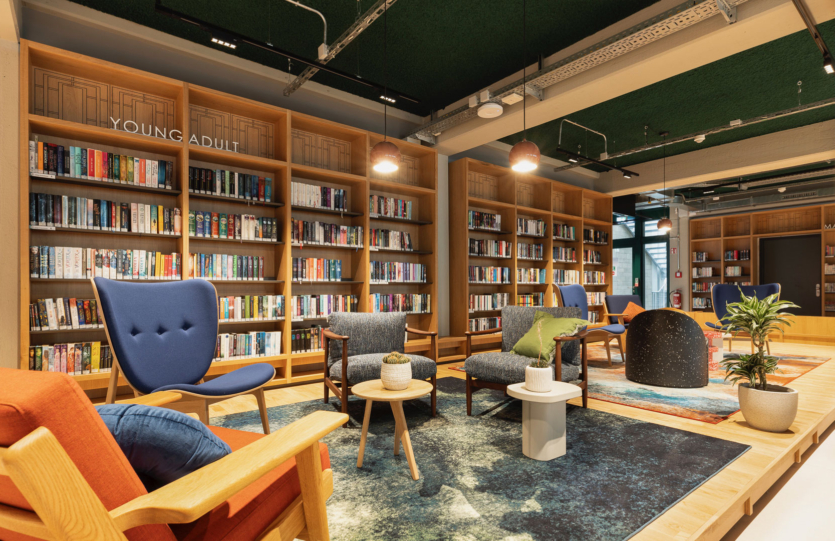
October 20, 2023
Velbert’s Library Welcomes A Fresh Beginning
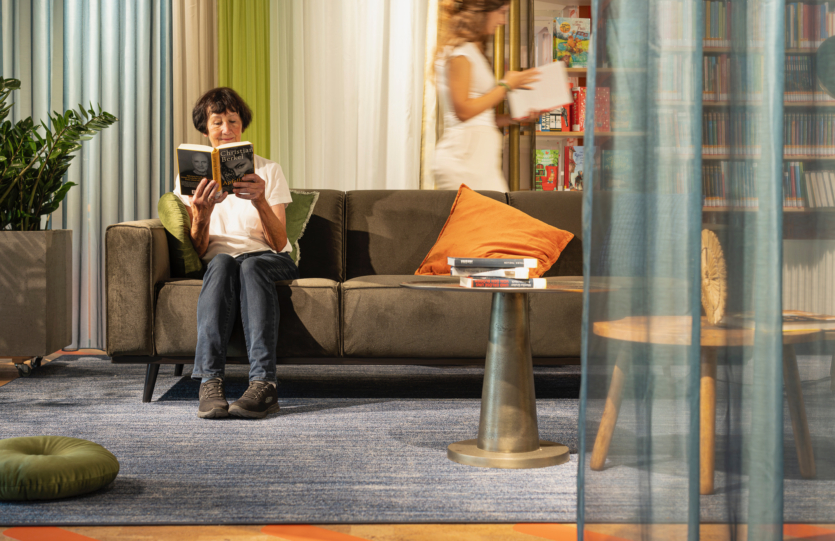
September 22, 2023
Huttrop District Library: A Merry Melting Pot In The Ruhr Area
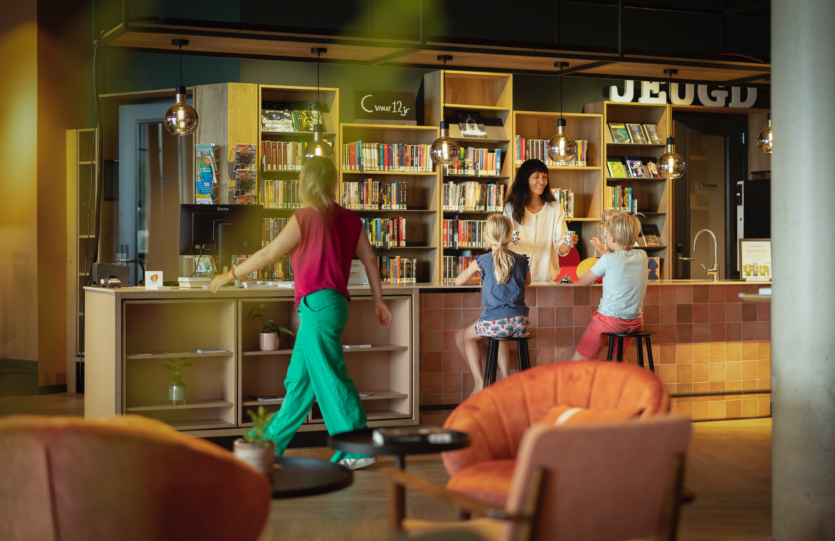
August 30, 2022
Uithoorn Opens Its New Library: An Inviting Casual Place
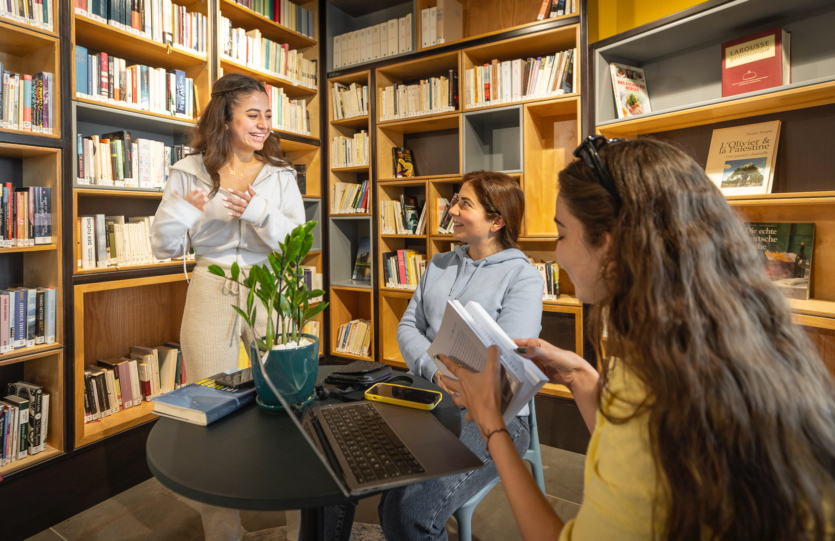
July 8, 2022
Kultur Ensemble – A Third Place Reaches Ramallah
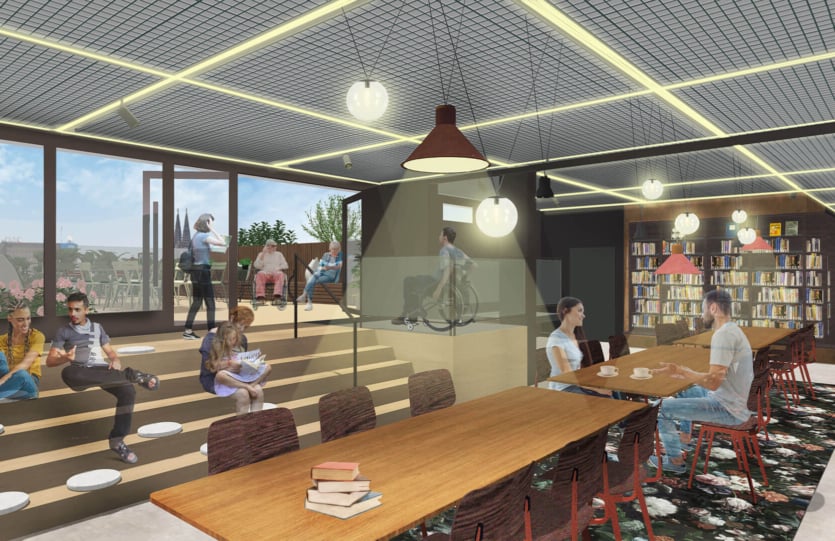
January 25, 2022
The Cologne Central Library – An Inspiring Place
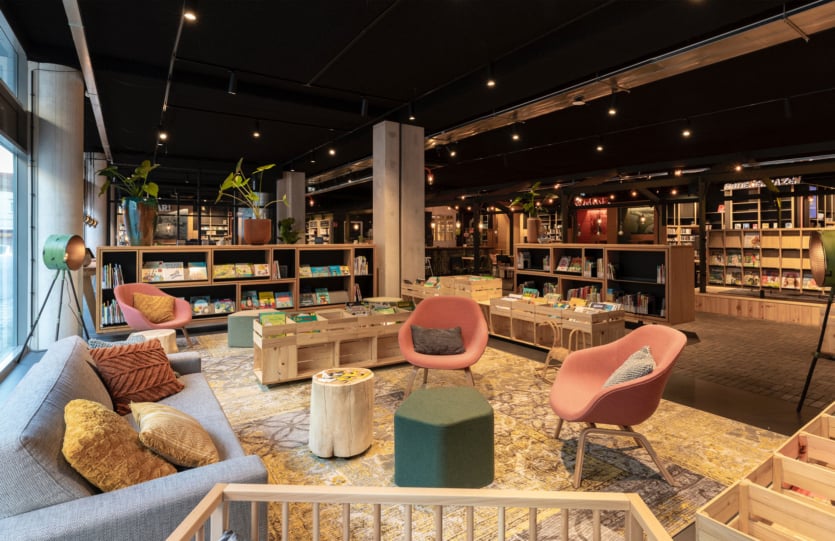
September 28, 2021
A New Library For Goes
Archive
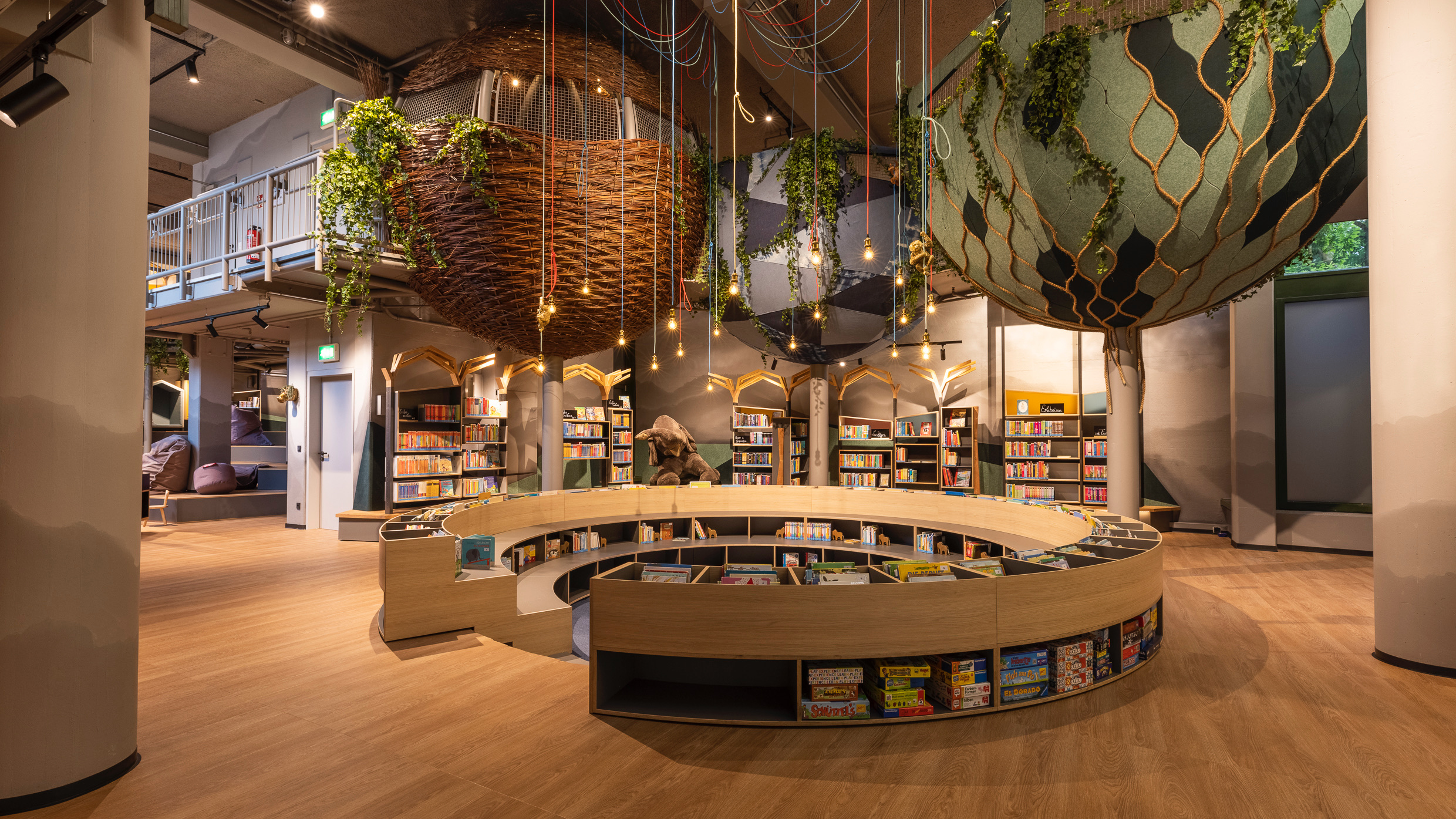
Work
Discover our inclusive places
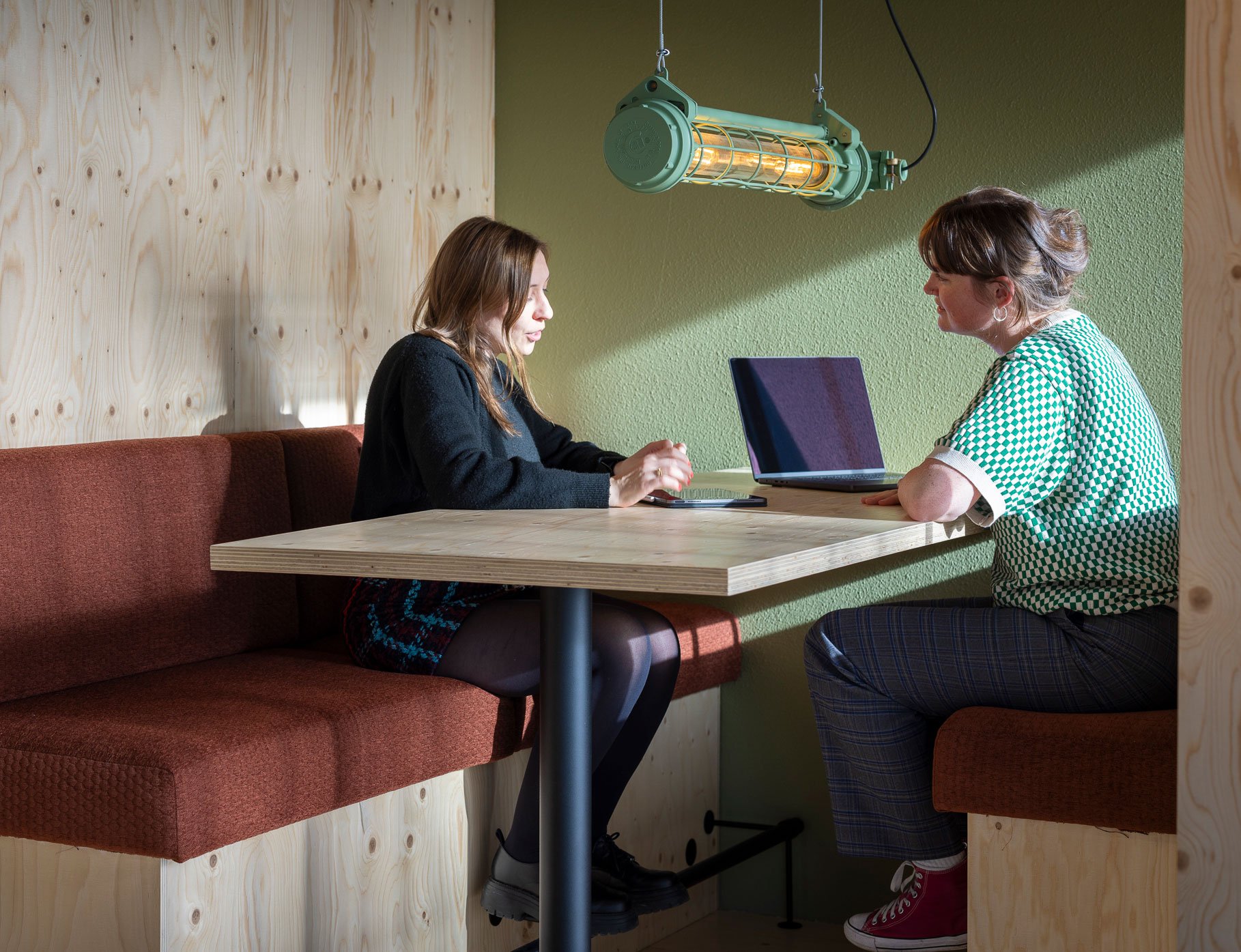
Get in touch